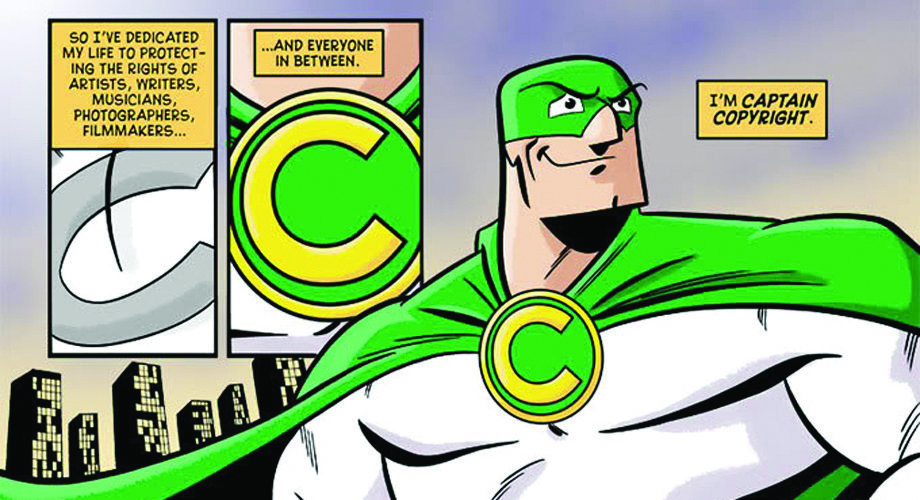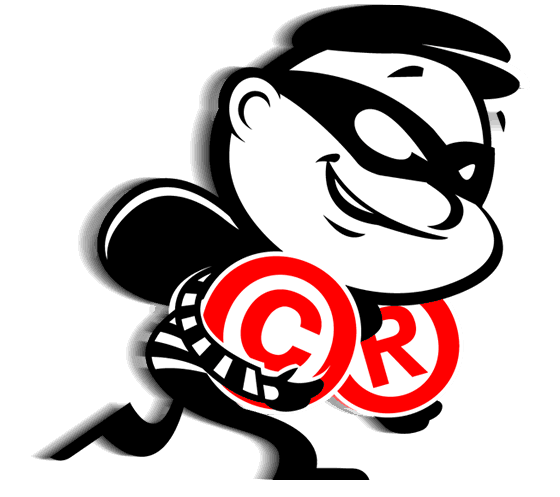Open Source Licensing
Your choices and what works
February 2017
Meta
- Not a lawyer
- Ask questions, interrupt, correct me
- Have you had to choose a license?




1970s: How to make money from software
- Buy hardware, software bundled for free
- 1976: Bill Gates couldn't make any money
- 1983: US court says binary code is copyrighted

The way it was characterized politically, you had copyright, which is what the big companies use to lock everything up; you had copyleft, which is free software's way of making sure they can't lock it up; and then Berkeley had what we called ‘copycenter’, which is ‘take it down to the copy center and make as many copies as you want.’- Kirk McKusick, BSD author

Permissive licensing - Copycenter
- Do whatever you want, with very few requirements
- BSD - distribute, modify and use, just cite
- MIT - no restrictions, including sublicensing, just cite
- Apache - extensive list of common rights granted, patent license if you don't sue, just cite
- Boost - list of common rights granted, cite in source but not binary

Copyleft
- Free to copy and redistribute, but make the source and your modifications available in return
- GNU GPL - have to include source when you redistribute, server loophole, dynamic linking allowed?
- LGPL - GPL compromise for libraries
- MPL - have to include source for individual files, patent license if you don't sue
- CDDL - MPL with different legalese
- AGPL - closes server loophole for GPL

What works? Open Core
- Business models matter: IBM, Red Hat, Google
- Ties proprietary to open source
- The most successful open source projects use it: Android, llvm, Chrome, linux?
- Copyleft business model - Dual licensing
- Permissive or weak copyleft - Proprietary modules
- Huge for India

licensing
By danatic
licensing
An exposition of current open source licenses and the open core business model.
- 2,380
